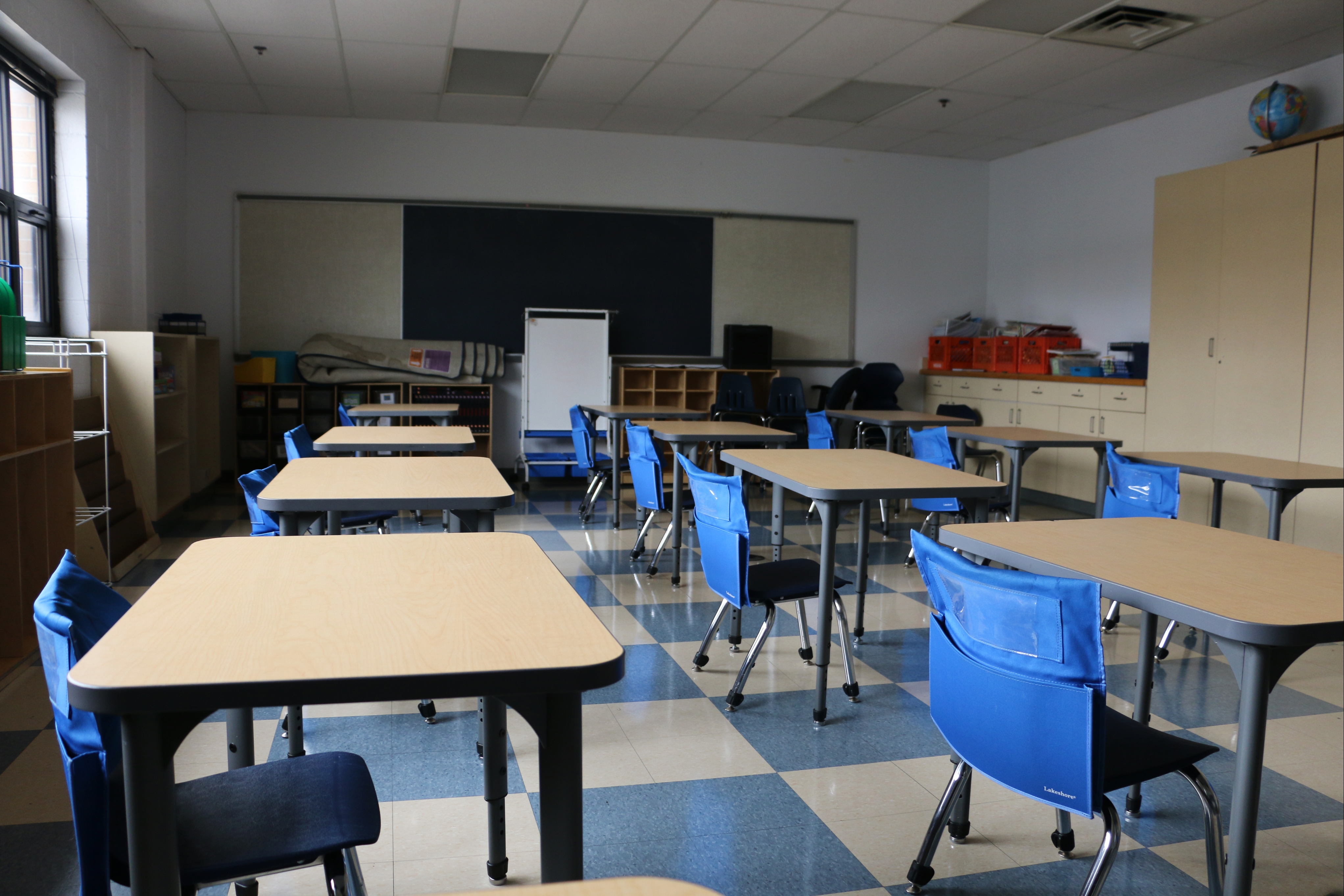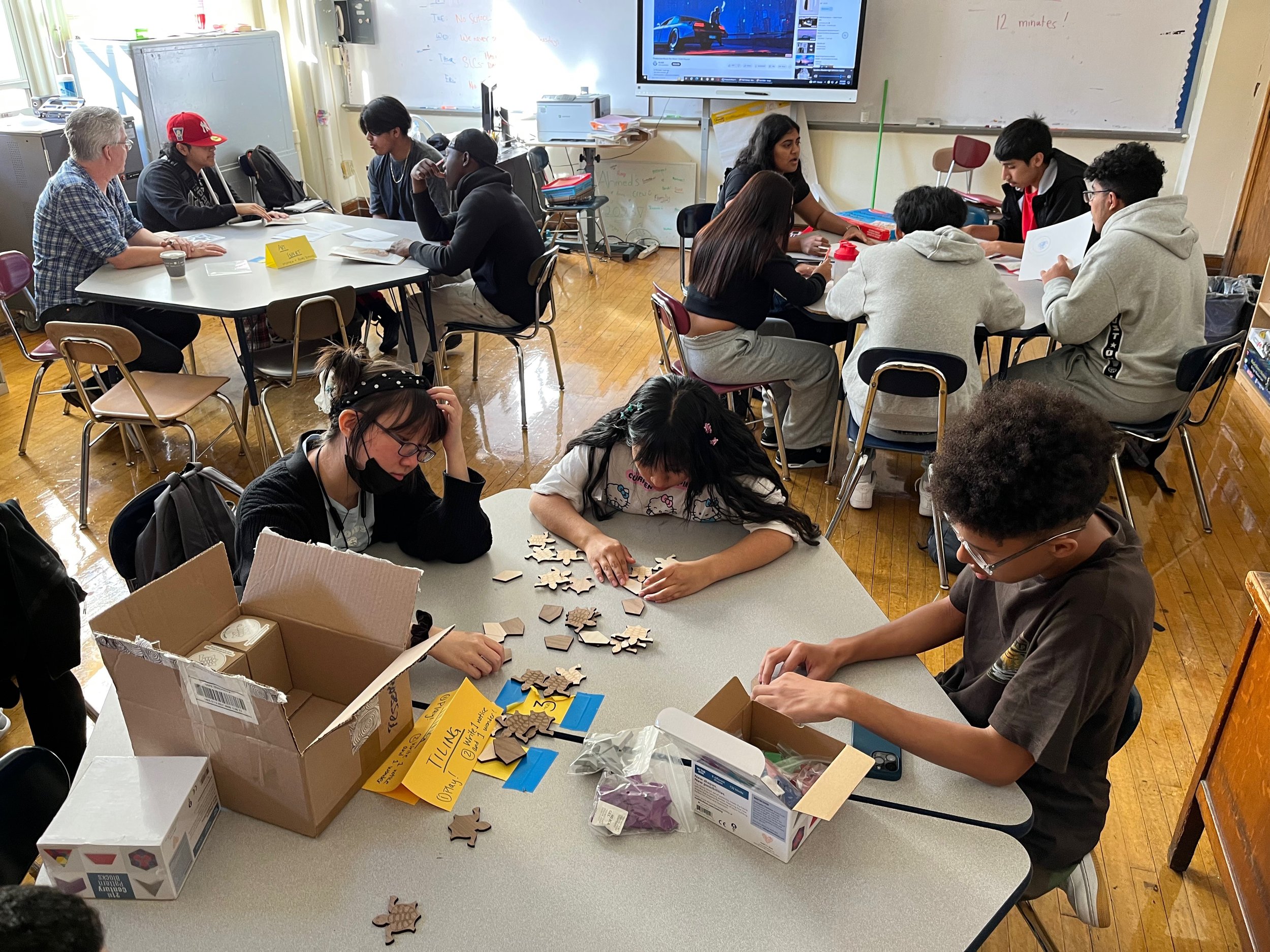Fundraising Ideas to Conserve Temecula Schools and Programs
Fundraising Ideas to Conserve Temecula Schools and Programs
Blog Article
The Impact of School Environments on Academic Success and Personal Well-Being
The design of instructional spaces, consisting of all-natural lighting and ergonomic furnishings, can enhance pupils' focus and comfort. How can institutions purposefully enhance these facets to better sustain their students?
Physical Layout and Style
How does the physical format and style of a college impact academic success? The setup and aesthetic of a college atmosphere can substantially influence students' learning end results.
All-natural lighting and efficient ventilation systems are pivotal in enhancing cognitive function and reducing absenteeism. Studies have actually revealed that classrooms with enough natural light boost pupil focus and decrease sensations of drowsiness. In addition, ergonomic furniture customized to students' demands can avoid physical discomfort, permitting for extended focus and interaction in academic activities.
Accessibility to outdoor areas and cosmetically pleasing environments additionally play a critical function - Save Temecula Schools. Eco-friendly spaces and properly maintained school grounds supply possibilities for physical exercise and psychological relaxation, both of which are necessary for keeping high levels of academic performance. In essence, an attentively created physical setting can act as a stimulant for academic excellence, cultivating an environment that sustains both mentor and learning
Class Ambience
A setting that fosters a feeling of security, inclusivity, and shared respect urges trainees to engage even more actively in their understanding processes. The atmosphere of a classroom, consisting of aspects such as illumination, noise degrees, and seating setups, can dramatically influence pupil concentration and inspiration.
Moreover, the classroom environment should support a society of cooperation and open interaction. They are more likely to involve deeply with the material and create critical thinking abilities when students really feel comfortable sharing their ideas and asking concerns. Peer interactions and team activities can improve learning by supplying varied viewpoints and cultivating synergy
In addition, establishing clear assumptions and constant regimens can develop a structured setting that permits pupils to concentrate on their research studies. By reducing uncertainty and providing a predictable structure, trainees can much better handle their time and duties. Eventually, a favorable class atmosphere not just boosts scholastic performance however also adds to the total well-being of trainees, preparing them for future academic and personal ventures.
Teacher-Student Relationships
Building on the importance of a favorable classroom ambience, the partnerships between educators and trainees play a critical duty in shaping scholastic success. A healthy and balanced teacher-student connection cultivates a discovering environment where trainees really feel valued, comprehended, and sustained, which substantially enhances their inspiration and engagement. When students view their teachers as approachable and understanding, they are more probable to get involved actively in course and look for aid when required, adding to a deeper understanding of the topic.

Effective communication is key to nurturing these relationships. Teachers who use open, respectful, and consistent interaction create a foundation of trust. This trust allows pupils to reveal their ideas and issues freely, promoting a collaborative learning environment. In significance, strong teacher-student connections are a foundation of instructional success, playing an important role in both academic success and personal growth.
Peer Communications
Peer communications considerably influence academic success by forming a student's cognitive and social advancement. Within the college environment, peer try this web-site relationships function as a foundational part for discovering and personal development. Favorable peer communications can enhance a trainee's motivation and engagement in scholastic tasks via collective understanding and mutual support. When students work with each other in group settings, they trade concepts, resolve problems collectively, and create essential thinking abilities. Such communications cultivate a sense of belonging and neighborhood, which is essential for psychological health and scholastic willpower.
Efficient peer communications likewise add to the advancement of essential life skills, such as cooperation, communication, and conflict resolution. These social proficiencies are essential for both academic success and individual health, emphasizing the importance of cultivating favorable peer characteristics within the school environment.
Extracurricular Tasks
Participating in after-school activities plays an essential duty in a trainee's scholastic success and individual growth. These activities, varying from sports teams to discuss clubs, supply pupils possibilities to sharpen beneficial skills such as leadership, time administration, and synergy. Research study consistently suggests that students who take part in extracurricular tasks have a tendency to achieve higher scholastic efficiency. This connection is commonly credited to the structured environment and the technique called for to stabilize both scholastic and extracurricular dedications.
Moreover, extracurricular involvement fosters a sense of belonging and community, which is important for individual health. Joining group activities allows students to develop and helpful resources reinforce social networks, enhancing their social and emotional intelligence. These communications are critical for developing interpersonal abilities that are helpful in both academic and future specialist atmospheres.
In addition, after-school activities provide a useful electrical outlet for trainees to discover their passions and enthusiasms past the conventional curriculum. This expedition can result in the exploration of new abilities and potential occupation paths, additionally encouraging pupils to involve even more deeply in their scholastic job. In conclusion, the duty of after-school activities extends beyond simple leisure; they are indispensable to fostering an alternative instructional experience that promotes both scholastic success and personal development.
Final Thought
Attentively made physical formats and class, along with positive teacher-student relationships and constructive peer communications, dramatically improve pupil motivation and interaction. These components jointly highlight the value of creating and maintaining optimum school atmospheres for the advantage i was reading this of trainees' academic and individual development.
Ultimately, a favorable class environment not only improves academic performance yet likewise adds to the overall well-being of students, preparing them for future instructional and individual ventures.

Report this page